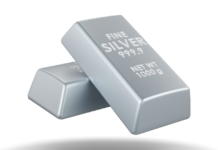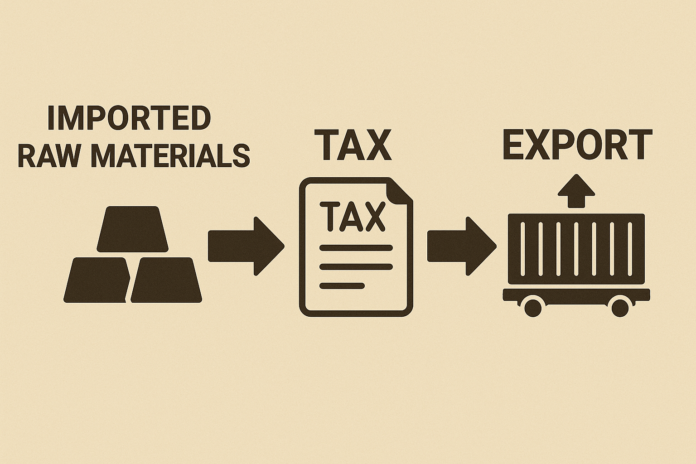ISLAMABAD, May 23 — The Federal Board of Revenue (FBR) is likely to go ahead with the imposition of sales tax on imported raw materials used in the export of finished goods under the Export Facilitation Scheme (EFS) in the upcoming federal budget for 2025-26.
This development was revealed by FBR Member Inland Revenue Policy, Najeeb Ahmad, during a meeting of the National Assembly Standing Committee on Finance held on Thursday. He stated that the proposal—overlooked during last year’s budget formulation—has resurfaced amid mounting pressure from the International Monetary Fund (IMF) to standardise tax treatment across all sectors.
The IMF, Ahmad noted, has been pushing for the elimination of special tax regimes and reduced rates, particularly those benefiting exporters. “The Fund wants uniformity in tax policy. Exemptions for exporters cannot be justified when other sectors are taxed at standard corporate rates,” he added.
In line with IMF guidance, the government has already withdrawn the sales tax zero-rating on local supplies to registered exporters under the EFS through the Finance Act 2024. The matter has also been reviewed by the Prime Minister’s Committee on EFS, chaired by Planning Minister Ahsan Iqbal, which submitted its recommendations recently.
Exporters had urged the government to reinstate the Final Tax Regime (FTR), a simplified 1% turnover tax system. However, the FBR representative ruled this out, citing IMF objections to sector-specific concessions. The shift to the normal tax regime—subjecting exporters to corporate tax rates of up to 29%—has drawn sharp criticism from the business community.
MNA Naveed Qamar expressed concern over the dual tax burden faced by exporters, arguing that the normal regime alongside minimum tax provisions results in de facto double taxation.
Echoing these concerns, Karachi Chamber of Commerce and Industry (KCCI) President Muhammad Javed Balwani told the committee that exporters now face effective tax burdens ranging from 29% to 45%, hampering business viability and competitiveness. “Small and medium exporters are disappearing from the market,” he said, citing high taxes, liquidity crunch, and delayed refunds under the FASTER system, which often takes months despite a 72-hour promise.
Balwani added that the withdrawal of zero-rating and Regional Competitive Energy Tariffs (RCET) for power and gas has further inflated operational costs for export-oriented industries.
The upcoming budget is expected to be closely watched by exporters and trade bodies, as they brace for further fiscal tightening and policy alignment under the IMF programme.























